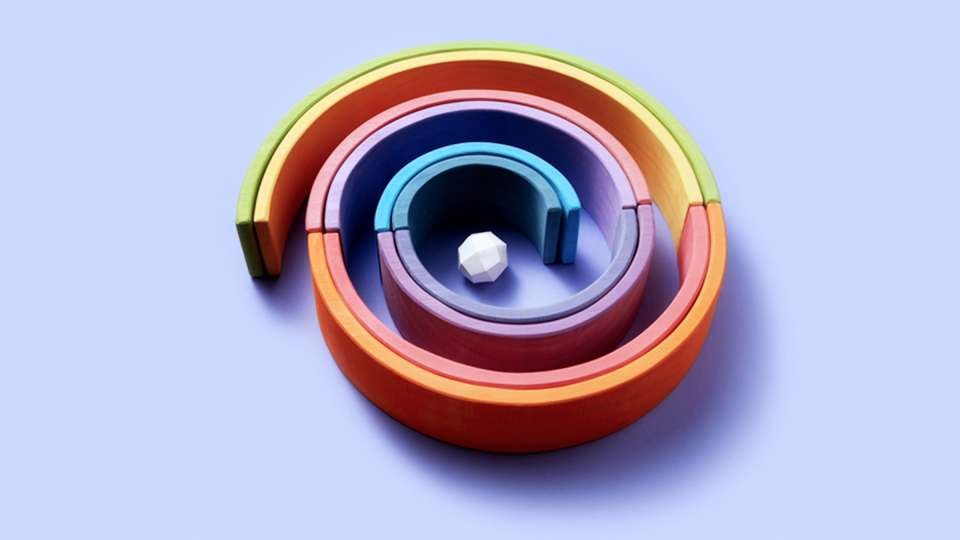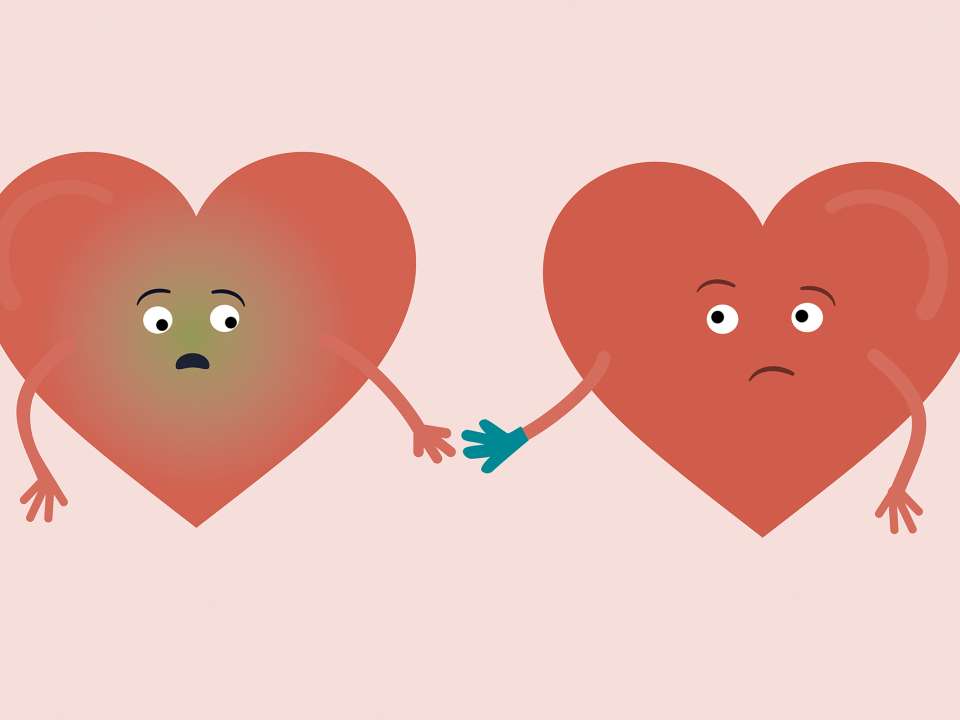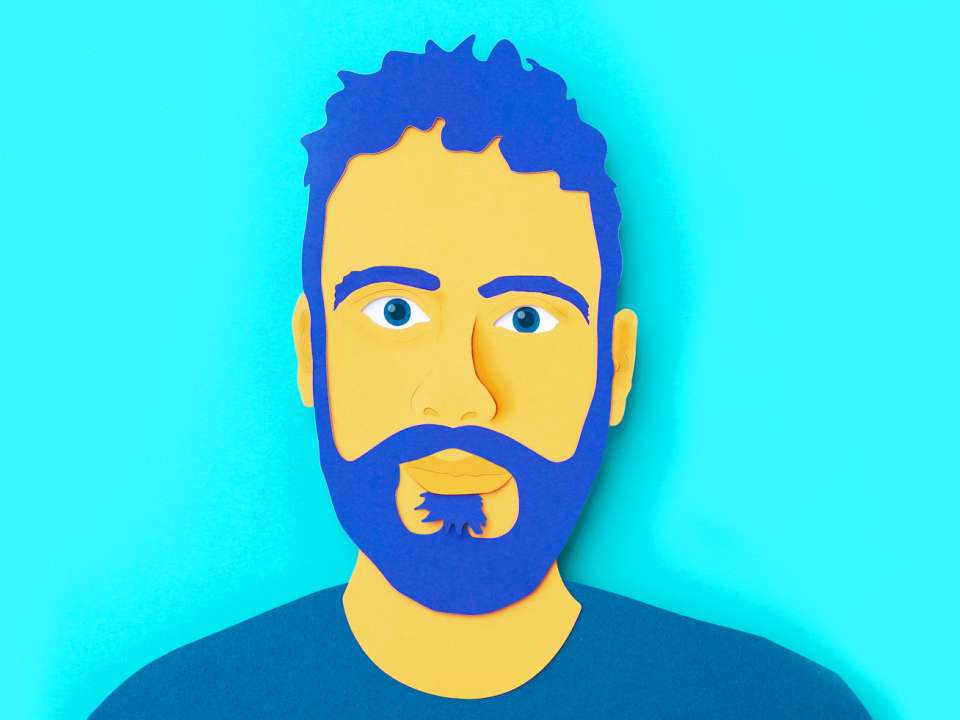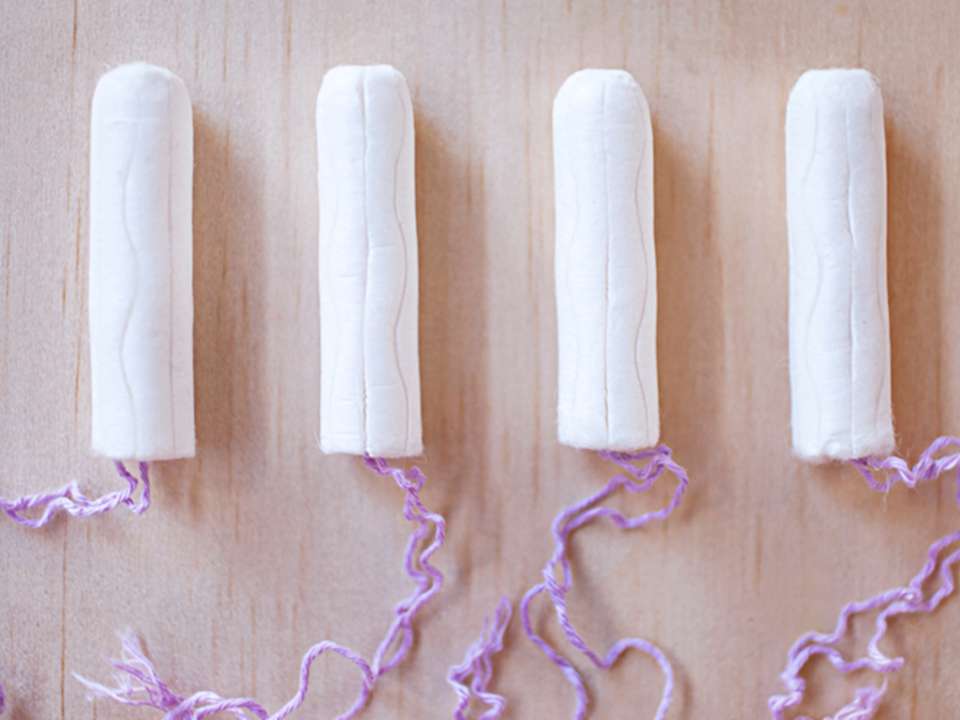
If you’re a word nerd who has made Wordle part of your daily ritual or a logic puzzle fanatic who has been a die-hard Sudoku fan for years, brain games might be a fun part of your daily or weekly routine. But what are these games doing for your brain health?
According to Carolyn Parsey, a neuropsychologist at the Memory and Brain Wellness Center at Harborview, the answer is nuanced.
“There haven’t been really good, controlled studies that can give us a strong conclusion about yes, this works or no, it doesn’t,” says Parsey.
What does the research say?
The idea that word and logic puzzles are good for our brains feels like a fact, something we collectively know. In reality, the research is murky at best.
Parsey explains that the issues with most brain game studies are methodological in nature (aka how and why the study was conducted is problematic). Many studies test a platform with multiple types of games, not just one type. When the games are tested as a package or unit, there are problems determining the results.
“It’s really hard to tease apart, whether it’s a single game or a conglomeration of all the games or whether the person was engaging with something novel for 30-minutes instead of napping and it’s not even the games themselves,” says Parsey.
When looking at the overall or absolute effect of cognitive stimulation (how active your brain is), it’s hard to precisely pinpoint what is most beneficial in the data.
“A lot of the limited data we have is coming from the companies themselves via self-funded studies of their games,” says Parsey. “You can see the bias in that.”
Other challenges with the available studies are that it’s hard to make general conclusions.
“I often say that doing Sudoku may make you better at doing Sudoku, but we don’t have robust data to support that it’s going to improve your memory specifically or result in long-lasting effects on cognition,” says Parsey.
Parsey also recommends caution if a game or product says it can prevent or delay something like memory loss.
“We don’t have evidence for a claim that strong,” says Parsey. “I often tell my patients if it feels too good to be true, it probably is. That’s not to say you shouldn’t do it but rather have reasonable expectations of what might be able to help you or not.”
What’s the best way to keep your brain healthy?
What brain scientists do know from available research is that doing a variety of different and new activities is good for the brain.
“Trying and learning new things or attempting to learn new things is good. Repeating the same task over and over won’t generalize to better brain health — at least that’s not what the data is saying so far,” says Parsey.
So try something new, whether it’s a new type of word or logic puzzle (for all the puzzle lovers out there) or a new variation of another activity you enjoy.
Here’s why: Our brain operates through complex networks. When we try something new, the brain will attempt to rely on the old networks it’s already built. When that doesn’t work, it will attempt to create new networks. (Congrats, you just learned about the scientific theory of neuroplasticity.)
Another theory, called cognitive reserve, is that doing new things builds strong networks. If we are reinforcing those networks when a disease like Alzheimer’s comes along, our brain has built up its ability to adapt.
Trying something new doesn’t mean you need to go skydiving for the first time (although you could). Parsey recommends starting small and doing new things regularly within activities you already enjoy.
For example, if you knit, try learning a new stitch or how to crochet, sew or quilt. If you love reading fiction, try another genre like poetry or nonfiction.
“I love activities that double-dip in terms of social and cognitive stimulation. I like playing games with friends because it provides social engagement, which is also important in aging, and keeps you accountable,” says Parsey.
How to get the most out of brain health activities?
Parsey recommends doing something stimulating for at least an hour per day — and it doesn’t have to be in an entire hour-long block. It also doesn’t have to be the same activity. It can be as simple as picking up a book for 15 minutes or doing a five-minute puzzle. Doing cognitively stimulating things for your brain is good but adding new elements into those activities is even better.
“With Alzheimer’s research, we know that the pathology starts a decade or two before symptoms start,” says Parsey. “So, the earlier you start building new things into your routine, the better.”
Whether you are 25 or 65, it’s never too late to start building healthy habits into your routine.

 Healthy ideas for your inbox
Healthy ideas for your inbox





